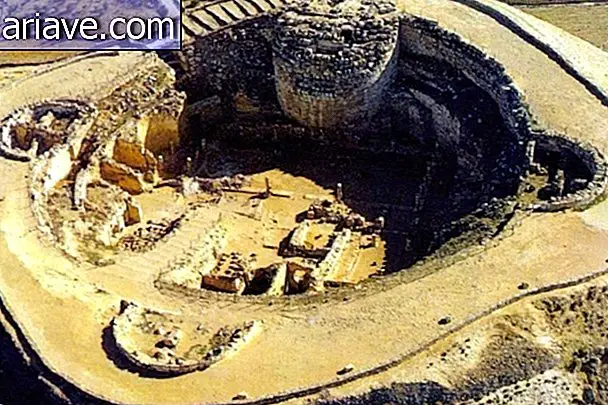Archaeologists find 1 million year old prehistoric bonfire

According to Nature, Boston University archaeologists have found in a cave in South Africa ashes of grass and leaves, as well as bone fragments. The remains were found at a depth of 30 meters, which means that the discovery dates from approximately one million years ago.
The cave, called Wonderwerk, is one of the oldest known sites. It shows evidence of use dating back two million years ago, and is known to have served as a shelter for former hominids. The excavated area where the remains were found is located at the bottom of the cave, well away from lightning or other combustible materials, leading archaeologists to conclude that the fire must have been the work of the ancient inhabitants of the cave.
Debates about the cooks
Although the scientific community accepts the fact that the evidence found does indeed suggest that hominids could make use of fire, there is still a strong debate as to whether or not these people used this element regularly for cooking. To substantiate this hypothesis, archaeologists would have to find enough bonfires to support the theory.
The earliest known remnants of fire use are located in South Africa, on a site known as Swartkrans, and in Gesher Benot Ya`aqov, Israel, both dating from 1.5 million and 800, 000 years ago, respectively. Both are in open places, which means that the fire may have been caused by natural phenomena. Thus, the earliest - proven - evidence of the use of fire for cooking dates back to 400, 000 years, less than half of the time found in Wonderwerk.











